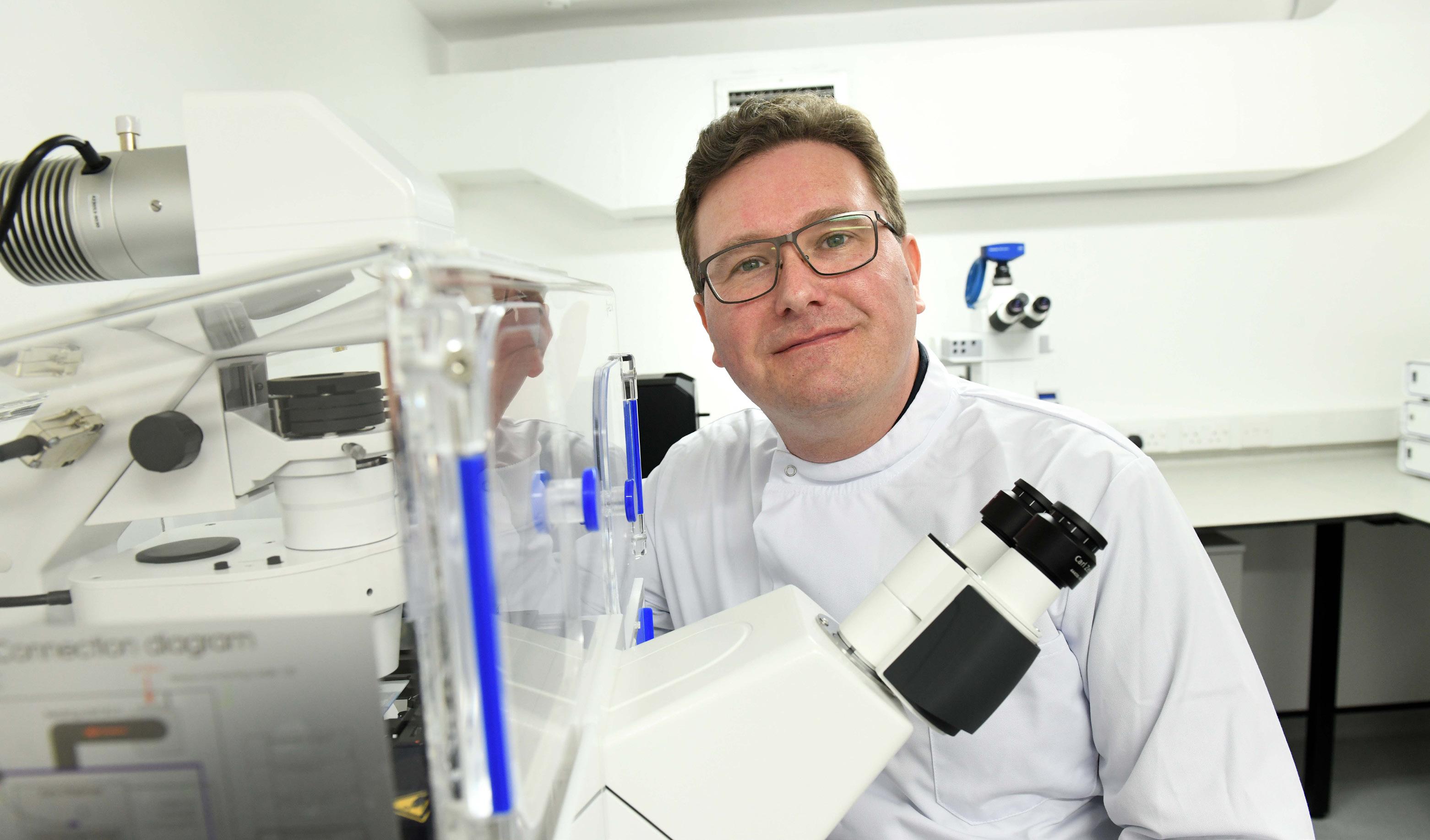
3 minute read
Mapping support for people facing homelessness
Researchers at Northumbria University have been working with support services and community organisations on developing improved data sharing techniques to support people experiencing homelessness after winning funding of almost £250,000.
The Northumbria team, led by Professor Monique Lhussier, are working with housing services, NHS providers, charities and community groups, to involve people from across the North East and North Cumbria who have experienced periods of homelessness, after recruiting them as experts by experience. Their knowledge has helped to guide and shape aspects of the research since it got under way earlier this year.
The nine-month project will include the creation of a virtual directory to map the services and options available for those facing homelessness and associated complex social and healthcare needs. This will also be made available to service providers to help further develop more integrated and connected ways of working.
Professor Lhussier said: “The project brings together a range of services, academics and people who have been homeless to work together to improve the health and wellbeing of all community members. We are working in direct and equal collaboration with people who have experienced homelessness so that all people can have access to the support they need, when they need it, and in the way they need it.

“We know, for example, that if someone is homeless and also dealing with mental health issues and addiction, they will be faced with disconnected support services to deal with each challenge. But often support with addictions will not be activated until mental health issues are stabilised, and vice versa, leaving people to fall between the cracks, as housing can also be dependent on those issues being resolved. People’s lives do not fit into neat boxes and this project is about building a network of services that can be shaped more around the person, rather than the other way around.”
Information gathered during the research will also be used to build on an existing model of support used by the Joseph Cowen Health Centre in Byker, Newcastle upon Tyne, run by one of the project partners, Tyne Housing. With support from the North East and North Cumbria Integrated Care Board and Newcastle City Council, the centre operates as a health and wellbeing drop-in service for people experiencing homelessness in the city.
Steve McKinlay, Chief Executive of Tyne Housing said: “This project will help us to use the knowledge and experience of people who have lived through periods of homelessness and the life challenges that presents, to improve the connectivity of support services for the benefit of all.
“Our housing model is always designed to focus on the individual’s own personal needs, meeting them where they are, building a trusting relationship and working together in partnership to get to a better place.
“We feel working collaboratively on this research with Northumbria
University, to find ways of addressing the inequalities faced by people who find themselves homeless, is an important mechanism to help improve the lives of people across the region and beyond.”
Up to 40 stakeholders from across the North East and North Cumbria have been invited to take part in a series of workshops to support the research project in recent months. A dissemination event to share findings with decision makers from key organisations is planned for July.
Other partners on the project include the Voluntary Organisations’ Network North East; the NIHR Applied Research Collaboration (ARC) North East and North Cumbria (NENC); Fuse, the Centre for Translational Research in Public Health; the Deep End network and the North East and North Cumbria Integrated Care System (ICS).
The research, Building and Evidencing Community Asset Partnerships in Housing and Health to Address Health Disparities in the North East and North Cumbria, is one of a wave of projects which form part of a £26 million UK Research and
Innovation (UKRI) and Arts and Humanities Research Council (AHRC) investment, aimed at using existing local resources to create a fairer and healthier society.
Professor Helen Chatterjee, AHRC’s Health Inequalities Programme Director said: “We must think carefully about how we utilise shared infrastructure and spaces to ensure that they are serving the entire community and playing their role in addressing inequality. It is exciting to consider how bringing together and rethinking the use of cultural assets in these regions might change health outcomes for their communities.”
Based within Northumbria’s Department of Social Work, Education and Community Wellbeing, Professor Lhussier is also Director of CHASE, Northumbria’s flagship Centre for Health and Social Equity. The centre will harness and develop the University’s research, education and knowledge exchange expertise to help meet the health and social equity issues of multiple stakeholders and communities in the city, region and beyond.
Click the QR code to discover more about CHASE.










